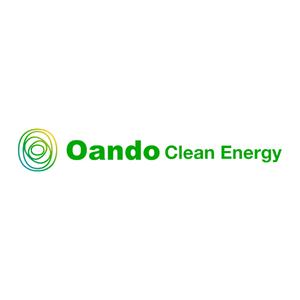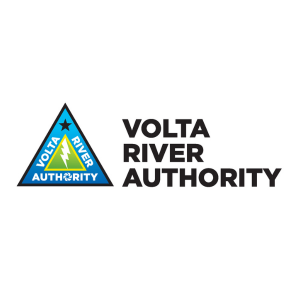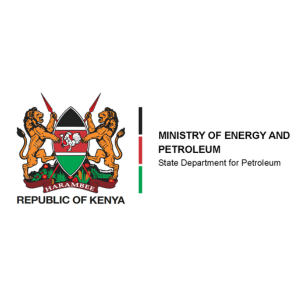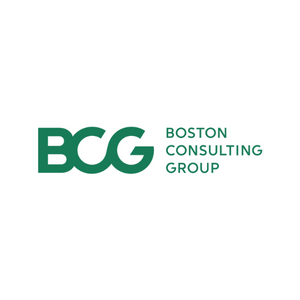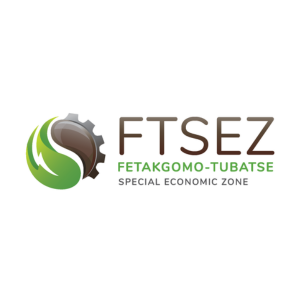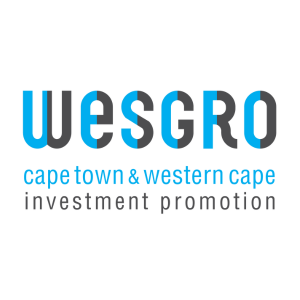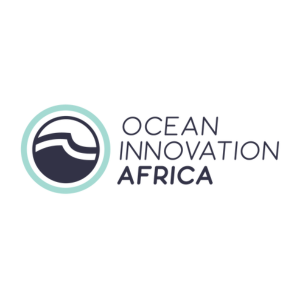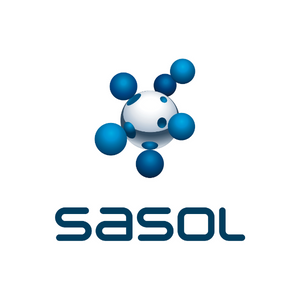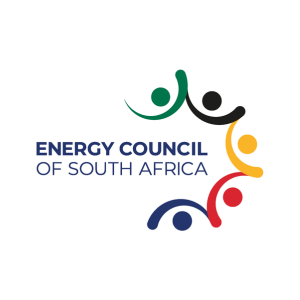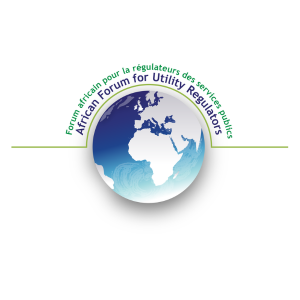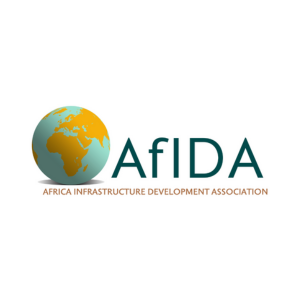The periodic table’s lightest element, hydrogen could prove an energy heavyweight for Africa.
There are several ways of producing hydrogen, termed grey, blue and green, based on the environmental impact of the production process of each. Of these, green hydrogen is the most talked about in relation to the energy transition. Unlike grey hydrogen – which is created via the treatment of coal or natural gas – it is produced through the electrolysis of water. Green hydrogen production can – if the process of electrolysis utilises electricity from renewable sources – be completely carbon neutral.
Though increasing, real-world applications of green hydrogen are still few and far-between. Africa is uniquely placed to take advantage of the growth of this sector, as it is not “locked-into” old energy technologies like Europe, the Middle East or North America. Here are some of the green hydrogen initiatives springing up across the continent:
The Africa Hydrogen Partnership
The Africa Hydrogen Partnership is a pancontinental association aiming to lay the foundation for establishing hydrogen economies and societies in Africa. Members come from the private sector, research institutes, universities, and other hydrogen and related groups.
The association advocates for the establishment of a “Green African Hydrogen Deal”. Under this concept, African governments would grant concessions for the right to produce green hydrogen and export it to energy-importing nations.
H2 Atlas-Africa
This project is a partnership between the German Federal Ministry of Education and Research, the West African Science Service Centre on Climate Change and Adapted Land Use and the Southern African Science Service Centre for Climate Change and Adaptive Land Management – Germany being a big state player in green hydrogen investment.
The partners’ aim is to identify locations in the west and south of the continent that are suitable for producing green hydrogen, both from a scientific and an investment perspective. They will employ both theoretical data analysis and field data collection. The project’s findings – which will be presented in the form of an interactive atlas – will be used to create a roadmap for the establishment of a green hydrogen economy in Sub-Saharan Africa.
Morocco – Portugal Hydrogen Partnership
Earlier this month, Aziz Rabbah, Morocco’s Minister of Energy, Mines and Sustainable Development, and João Pedro Matos Fernandes, Portugal’s Minister of the Environment, officially signed a declaration that the two nations would work together to research and exploit green hydrogen as an energy source. Morocco’s enthusiasm for green hydrogen is no surprise; the Sahara Desert has been identified as one of the world’s most attractive spots for green hydrogen production. The North African nation is now reportedly also developing a green hydrogen partnership with Germany.
Are you keenly watching the development of green hydrogen as an energy source? Join fellow private and public sector stakeholders at Green Energy Africa Summit. Contact us to learn more.

